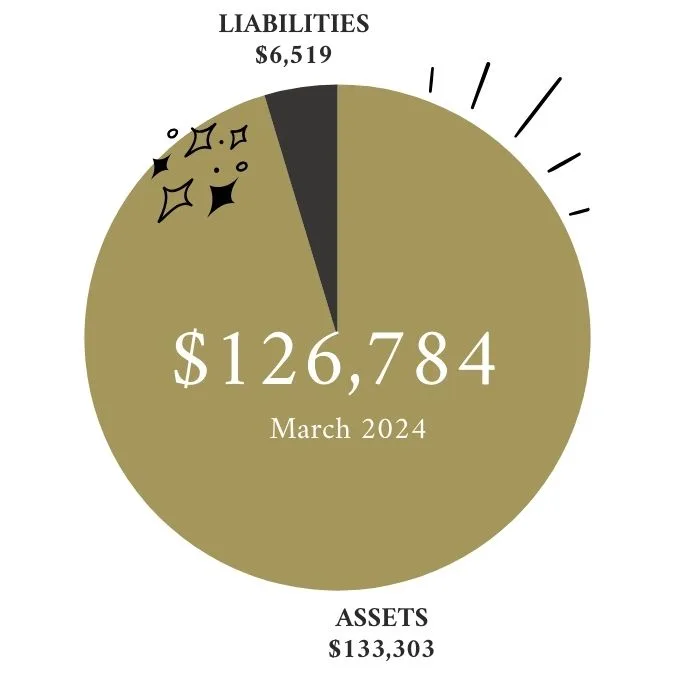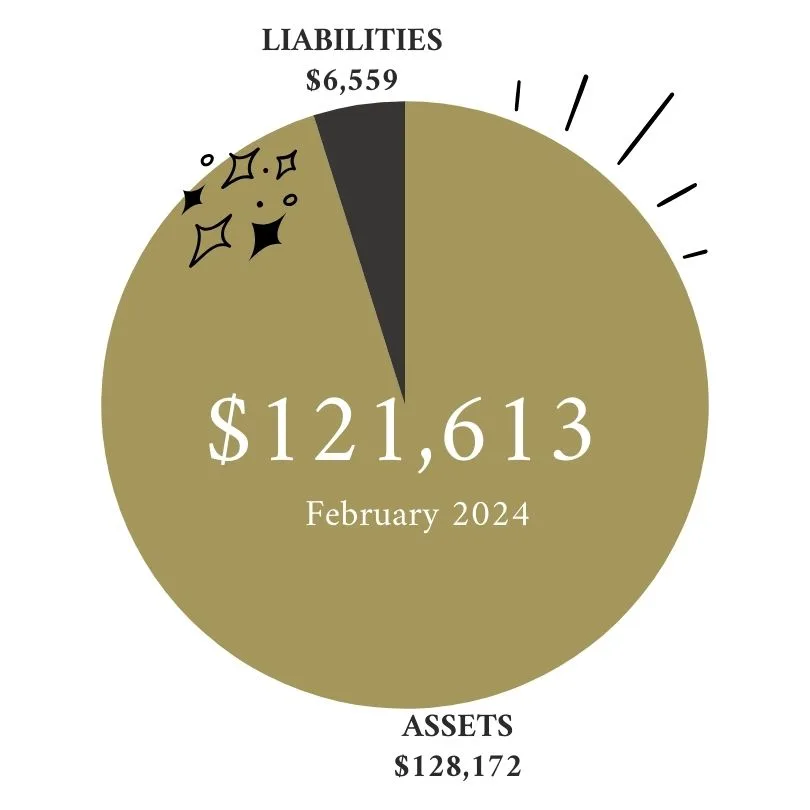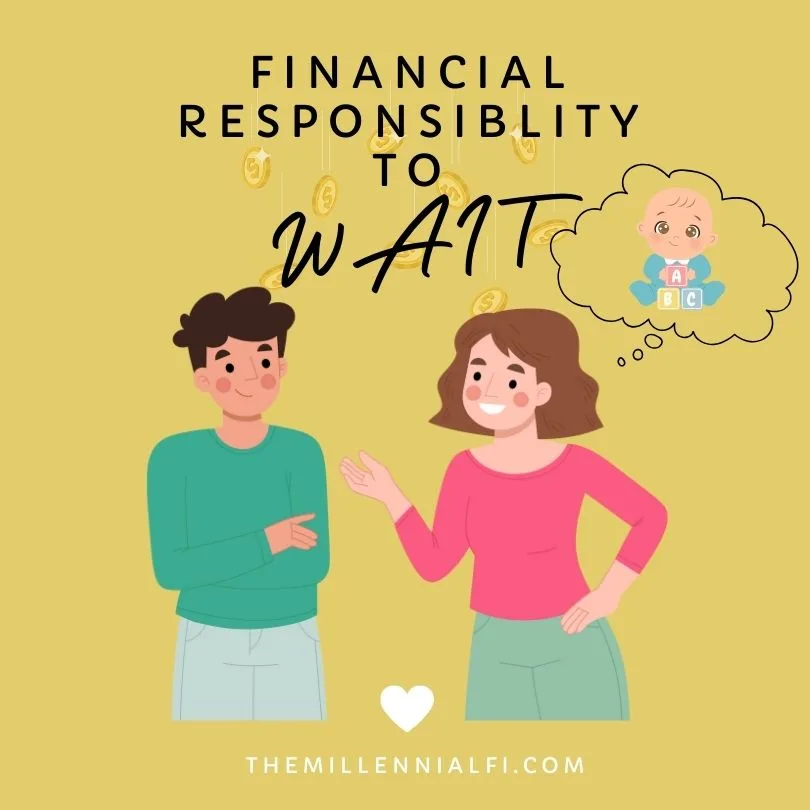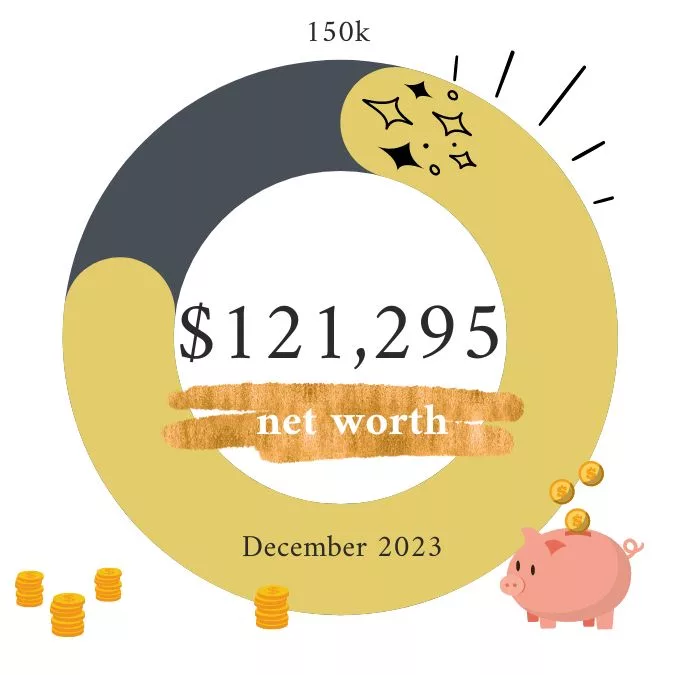Let’s talk about something that’s probably in your wallet right now: your debit card! While debit cards are convenient to directly access your money, there are some dangers that come with using them for financial transactions. Let’s explore some of the risks of relying on debit cards and how using credit cards can actually protect you.
Risk #1: Fraudulent Charges (this is HUGE!)
One of the biggest risks of using debit cards is the potential for fraudulent charges. If your debit card is lost or stolen, someone could use it to make unauthorized purchases. This means your bank account can be quickly emptied, leaving you with little to no money and even overdraft fees. Unlike credit cards, debit cards users may not be able to recover the stolen funds in a timely manner or at all. You may have to wait weeks or even months for the issue to be resolved with your bank, which can cause significant financial stress. Because of the Electronic Fund Transfer Act, debit card users may be liable for varying amounts depending on the circumstances:
– $0 if you report the loss or theft of the card immediately and before any unauthorized charges are made.
Nolo.com
– up to $50 if you notify the bank within two business days after you realize the card is missing
– up to $500 if you fail to notify the bank within two business days after you realize the card is missing, but do notify the bank within 60 days after your bank statement is mailed to you listing the unauthorized withdrawals, or, unlimited if you fail to notify the bank within 60 days after your bank statement is mailed to you listing the unauthorized withdrawals. (15 U.S. Code § 1693g).
Credit cards, however, offer fraud protection. Because of the Fair Credit Billing Act, credit card users may only be liable for up to $50 of fraudulent charges before reporting the card as stolen. Credit card companies often waive the $50 and have better resources to investigate fraudulent charges than your personal bank, meaning any issues could be resolved faster.
Risk #2: Overdraft Fees
Another danger of using a debit card is the potential for overdraft fees. If you spend more than the balance in your account, your bank may charge you a fee for each transaction while allowing you to increase the negative balance on your account. These fees can add up quickly, making it difficult to bring the account current or pay for necessary expenses like rent or groceries.
Credit cards typically will deny transactions once the credit limit is hit. However it’s important to know whether or not your credit card offers the ability to over-charge against its credit limit in order to avoid “over-the-limit” fees.
Risk #3: Limited Consumer Protection
While debit cards offer some consumer protection as referenced above, they’re not as comprehensive as the protections offered by credit cards. For example, if you use a debit card to make a purchase and the item is defective or doesn’t arrive, it can be difficult to get a refund from the merchant. Credit cards have better consumer protection laws in place, making it easier for you to get your money back if something goes wrong.
Credit cards also offer extended warranties and purchase protection, which can be useful if you’re buying expensive items like electronics or appliances. These protections can help you save money in the long run by covering the cost of repairs or replacements if something goes wrong.
Risk #4: Limited Rewards and Benefits
Using a debit card may seem like the most straightforward way to make purchases, but you may be missing out on significant rewards and benefits by not using a credit card. Many credit cards offer cashback or rewards points for every dollar you spend, which can add up to significant savings over time. We typically earn over $400 a year in cash back for everyday spending! Additionally, credit cards often come with travel benefits like rental car insurance, airport lounge access, and even free flights.
By only using a debit card, you’re missing out on these valuable rewards and benefits that can help you save money and make the most of your purchases.
In conclusion, while debit cards may seem like the easiest and most straightforward way to make purchases, they come with risks that can harm your financial wellbeing. By using a credit card responsibly, you can enjoy fraud protection, avoid overdraft fees, build solid credit history, benefit from comprehensive consumer protection, and even earn rewards and benefits on you purchases you would have made anyway. As always, it’s important to weigh the pros and cons of each option and make a decision that’s best for your individual financial situation.
Personally, we have not used our debit card for transactions in about 5 years. It’s saved us from having our debit card details leaked on various occasions due to businesses we frequented being breached.
Need to declutter your finances and create a more secure path for your financial future? Check out our article to help you declutter your finances today.








